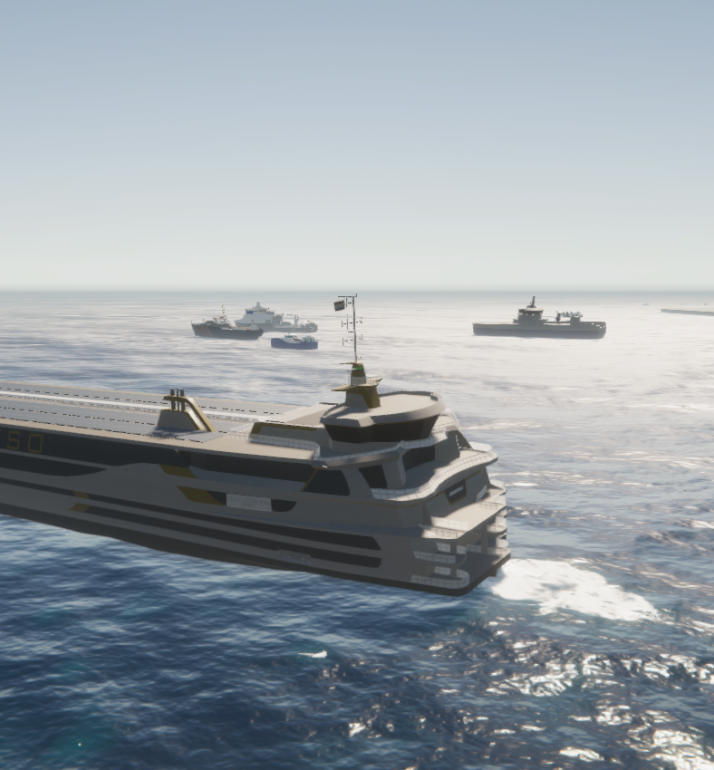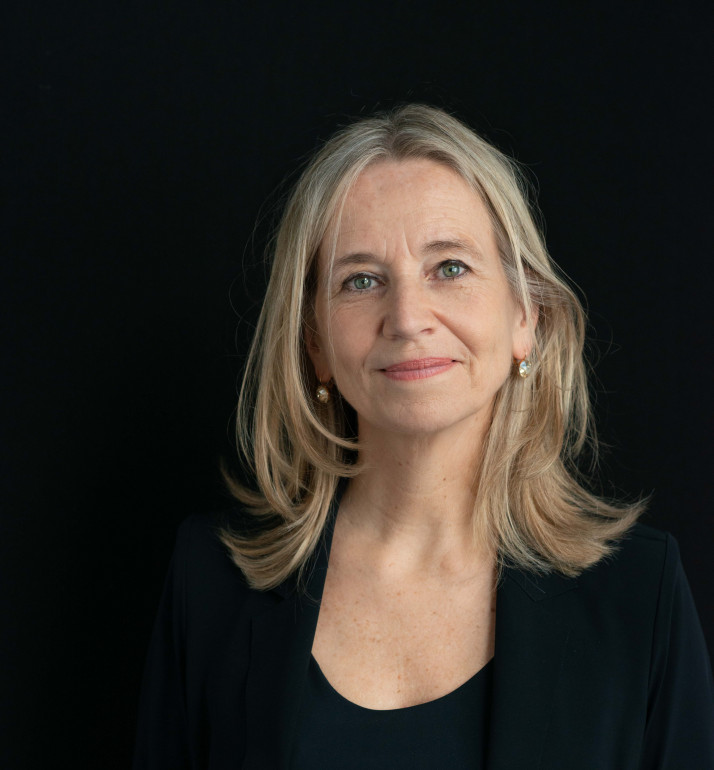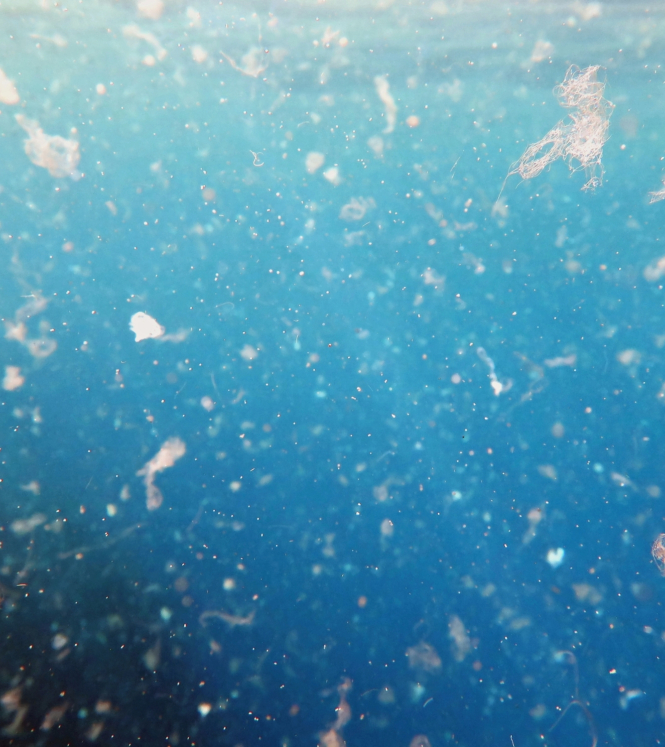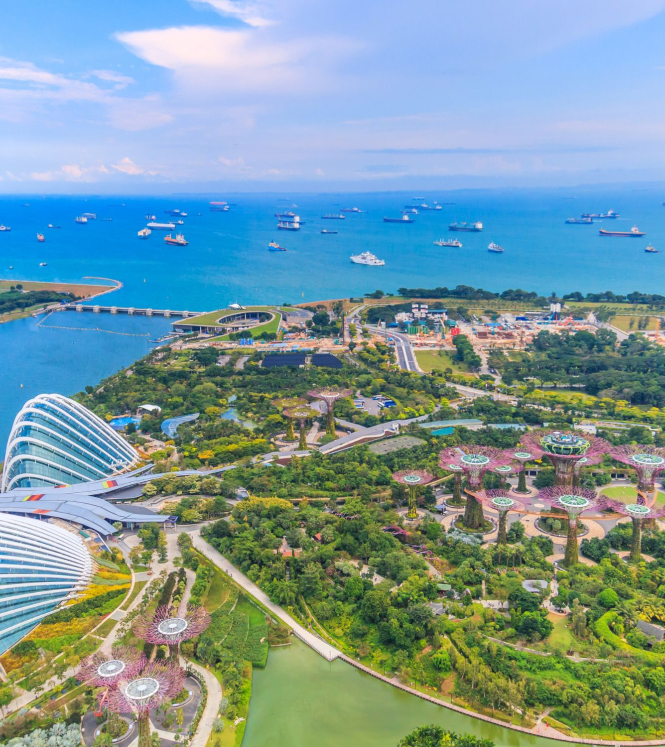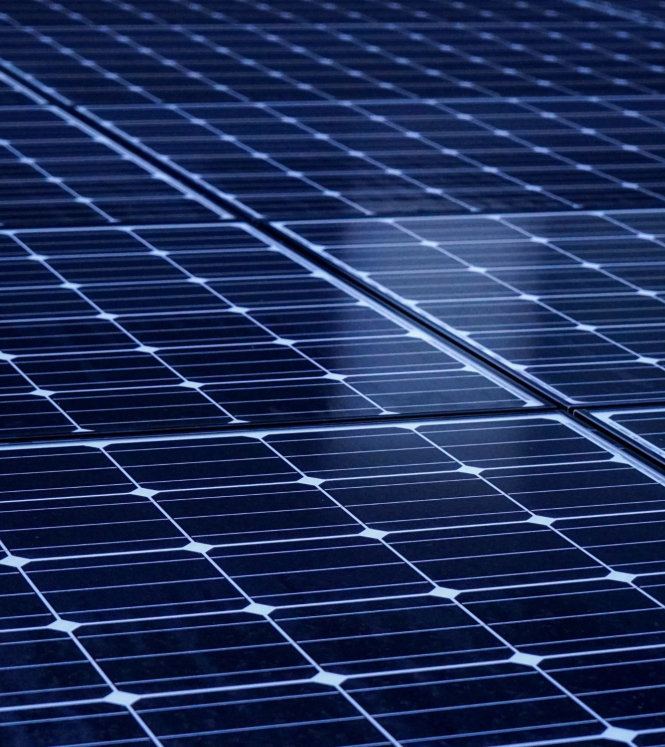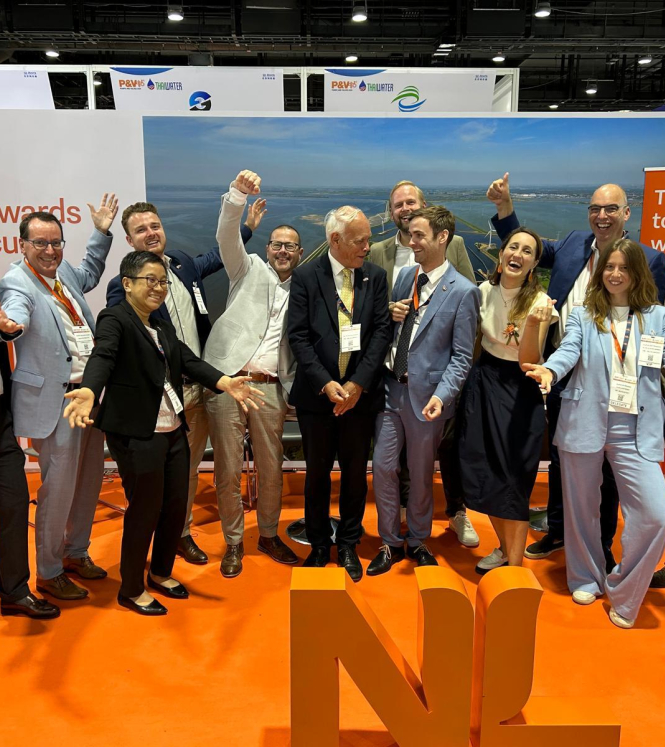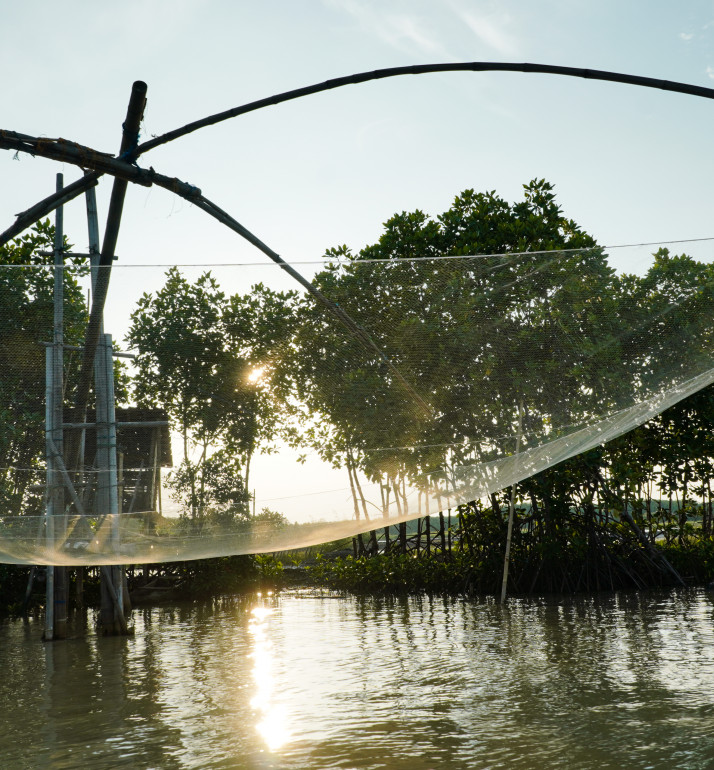
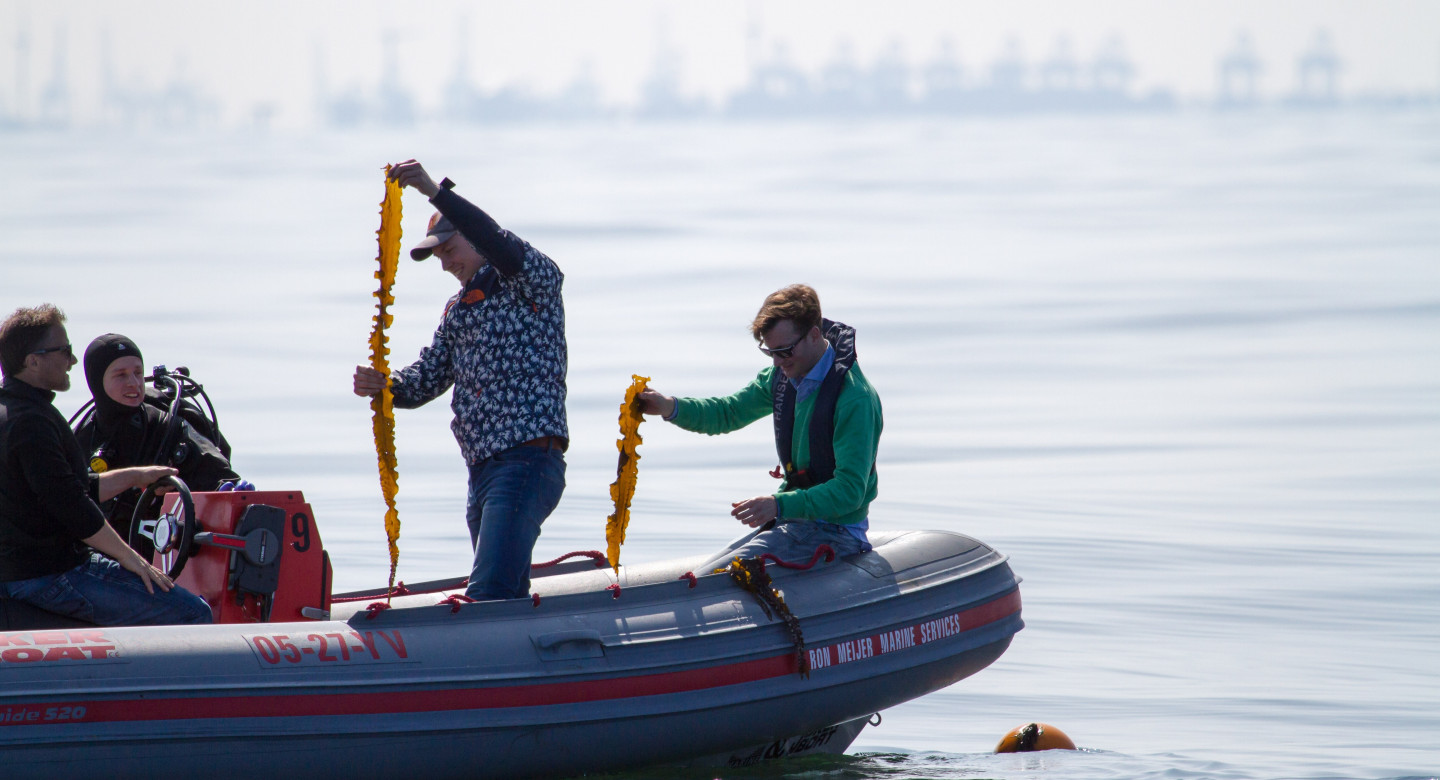
The smartest part of the North Sea
Planet Earth is made up of water for 70 percent, which is why it is called the Blue Planet. Most of the world's water (96 percent) is in the oceans. It is an important source for food, resources, energy, transportation, leisure and living space. The Netherlands seeks to become a partner in developing healthy and productive oceans as part of the solution to global challenges. In the face of population growth and resource scarcity, oceans could contribute to food security, renewable energy and economic development. The Netherlands has created an offshore testbed to research innovative ocean and maritime-related topics off its western coast. The findings will be shared with similar programmes around the world.
This unique innovative technological zone covers an area of 10 by 10 sea miles (about 185 football fields. It is located just off the coast near The Hague. Participants can use this part of the North Sea to test their innovations under strict environmental conditions, for example to measure wind, currents and waves. But also, products such as buoys with built-in sensors to sense ships, can be tested. Even the cultivation of seaweed can be researched in this testbed. The data gathered can be sent to shore in real-time. The information is used to develop new systems for the maritime sector and can be shared with similar projects abroad.
Sailing innovations
At the Sailing Innovation Centre, students from Delft University of Technology (TU Delft) and VU Amsterdam have been testing a Sailing Coach Cockpit. This invention helps improve the navigational and sailing skills of professional yachtsmen and women by giving them real-time performance feedback during their training session. Under current circumstances, a coach can only give feedback at the end of the session. The new innovation uses sensors on the water which take measurements about water currents, wind streams or wave heights. The data is sent directly to the skipper, who can make adjustments accordingly and improve their technique on the spot.
The Sailing Innovation Centre provides Dutch Olympic sailors location analyses and measurements about wind and currents. Their information was used during the Olympic Games in London and Rio de Janeiro and is also due to be used at the Tokyo Olympics.
Yachting events always occur off the coast, far away from the spectators on shore. This makes it impossible for them to follow the course of the competition. The Computer Graphics and Visualisation department of TU Delft uses the North Sea testing grounds to create the “sailing contest of the future”. By creating computer graphics from data and using 3D-imaging technology, the contest can be shown on land, involving spectators more directly and making regattas more of a spectators’ sport.
Delft University of Technology uses the North Sea testing grounds to create the “sailing contest of the future”
Seaweed cultivation
The testbed is also used to experiment with cultivating food products. Seaweed is usually imported from Asia, which is unsustainable considering it needs to be transported over great distances. Noordzeeboerderij has set up a large offshore farm to research cultivating seaweed in the choppy waters of the North Sea. Growing seaweed locally not only reduces CO2 emissions by cutting the distance to customers, it also absorbs CO2. Seaweed cultivation provides an alternative source for protein without using scarce resources and precious agricultural land.
Growing seaweed locally not only reduces CO2 emissions by cutting the distance to customers, it also absorbs CO2.
Campus@Sea
Campus@Sea is about joint innovation for the sustainable, multi-use of the North Sea. It provides a meeting point for impact makers with innovative ideas and housing for maritime businesses wanting to learn and innovate. Education and research institutions work with businesses, government, and social organisations. It's a place where groups can share their experiences and inspire others. Think of floating solar panels or seaweed farming in offshore wind farms. Campus@Sea also connects various initiatives, ensuring joint innovations can continue developing and set change in motion.
Blue economy
The Netherlands’ maritime sector has the potential to become a strategic and innovative partner in which international parties join forces to fulfil the potential of the oceans through sustainable development. Together we can be the gamechangers of the blue economy.
